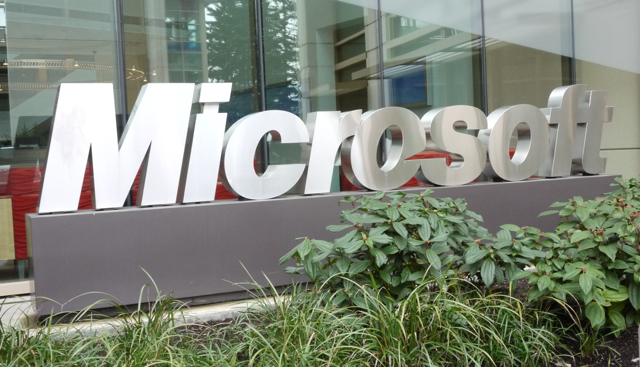Microsoft is developing a chip designed specifically for artificial intelligence processing. A version of its Holographic Processing Unit, used for its HoloLens headset, the new chip will be integrated with the next version of HoloLens, to be launched at an as-of-yet undetermined date. Microsoft isn’t alone in taking chip manufacturing in-house, especially with regards to AI processing. Apple’s iPhone prototypes include the company’s AI-specific chip, and Google is working on its own second-generation AI chip.
According to Bloomberg, “this is one of the few times Microsoft is playing all roles (except manufacturing) in developing a new processor.” The reason tech companies are developing their own chips is to assure a “lightning fast and seamless” experience, especially as it relates to AI’s multitasking requirements.
“The consumer is going to expect to have almost no lag and to do real-time processing,” said Tirias Research analyst Jim McGregor, who predicts that every device will have built-in AI by 2025. “For an autonomous car, you can’t afford the time to send it back to the cloud to make the decisions to avoid the crash, to avoid hitting a person. The amount of data coming out of autonomous vehicles is tremendous you can’t send all of that to the cloud.”
Due to this trend, traditional chip manufacturers such as Intel are “facing real competition for the first time in over a decade,” mainly because the general-purpose chips used for servers and PCs “aren’t designed to rapidly process multiple things at once, a requirement for AI software.”
The AI-specific chip isn’t the first foray into chip-making for Microsoft, which built a motion-tracking processor for Xbox Kinect and another customizable chip to compete in cloud services. The company buys its chips from an Intel subsidiary, Altera, and then uses software to create the final result.
Last year, to show off its power, “Microsoft used thousands of these chips at once to translate all of English Wikipedia into Spanish — 3 billion words across five million articles — in less than a tenth of a second.”
Microsoft’s next step will be to debut a service sometime in 2018 that will “let its cloud customers use these chips to speed up their own AI tasks.” Microsoft Research distinguished engineer Doug Burger said the company’s “aspiration is to be the No. 1 AI cloud,” and, as Microsoft chief technology officer Kevin Scott said, “We really do need custom silicon to help power some of the scenarios and applications that we are building.”
Related:
Microsoft’s Next HoloLens Headset Will Come With Built-in Artificial Intelligence, Variety, 7/24/17


No Comments Yet
You can be the first to comment!
Sorry, comments for this entry are closed at this time.